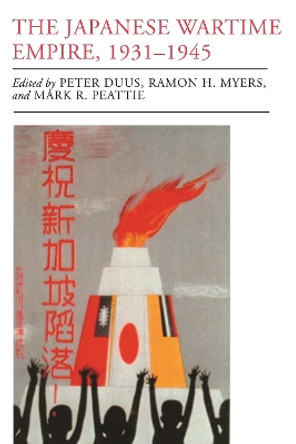In this extraordinary collection of writings, covering the period from 1878 to 1989, a wide range of Japanese visitors to the United States offer their vivid, and sometimes surprising perspectives on Americans and American society. Peter Duus and Kenji Hasegawa have selected essays and articles by Japanese from many walks of life: writers and academics, bureaucrats and priests, politicians and journalists, businessmen, philanthropists, artists. Their views often reflect power relations between America and Japan, particularly during the wartime and postwar periods, but all of them dealt with common themes - America's origins, its ethnic diversity, its social conformity, its peculiar gender relations, its vast wealth, and its cultural arrogance - making clear that while Japanese observers often regarded the U.S. as a mentor, they rarely saw it as a role model.
About the AuthorPeter Duus is Professor Emeritus of History at Stanford University. He is the author of The Japanese Discovery of America: A Brief History with Documents; The Japanese Wartime Empire; Modern Japan; and The Abacus and the Sword: The Japanese Penetration of Korea, 1895--1910 (UC Press). Kenji Hasegawa is Assistant Professor of History at Yokohama National University.
Book InformationISBN 9780520268456
Author Peter DuusFormat Paperback
Page Count 360
Imprint University of California PressPublisher University of California Press
Weight(grams) 499g
Dimensions(mm) 229mm * 152mm * 25mm








